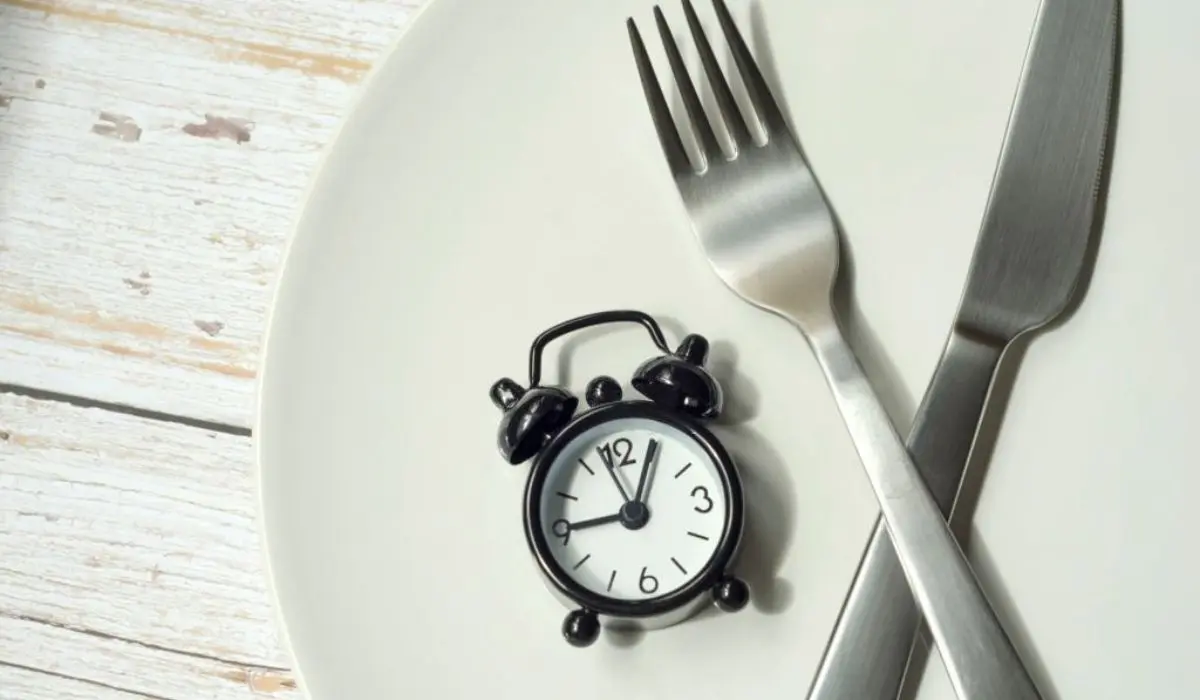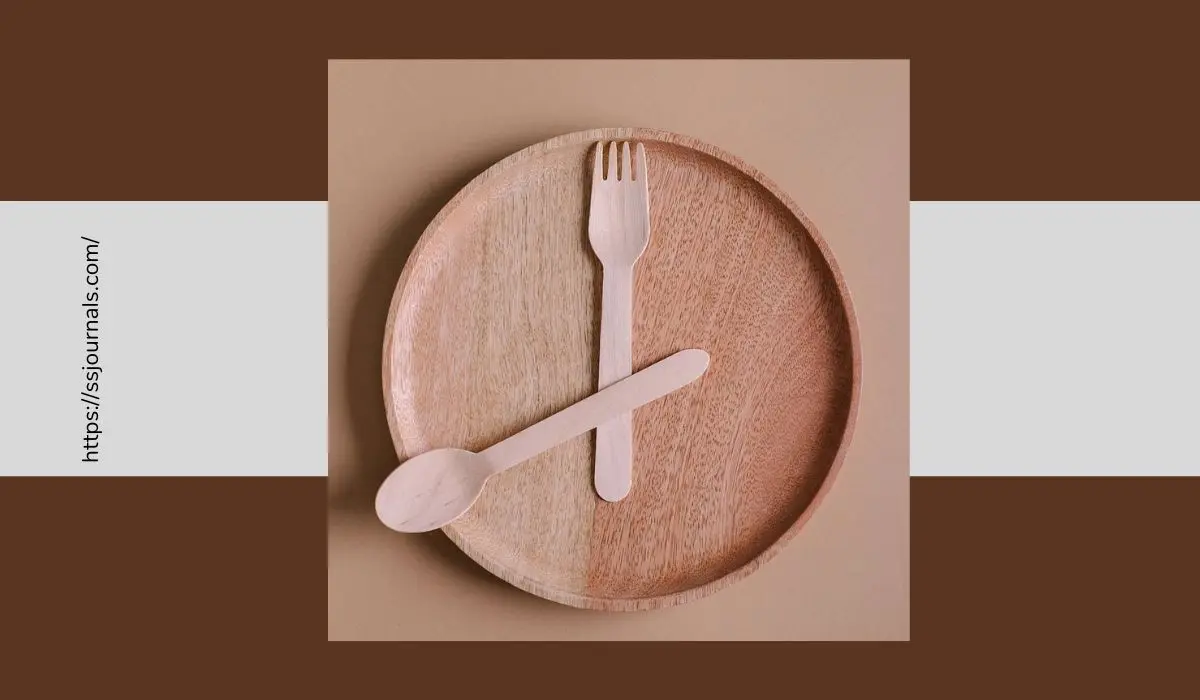Fasting, an age-old practice of abstaining from food or drink for a specified period, has seen a resurgence in popularity for its potential health benefits. Its advantages are weight loss, improved metabolic health, and enhanced mental clarity. However, as people explore the diverse world of fasting, a common question arises: How many calories can you consume while fasting?
We aim to provide a clear and easy-to-understand overview of the various fasting methods and their calorie considerations. By the end of this article, you’ll understand how fasting impacts your calorie consumption and the factors that influence it.
Fasting: A Time-Honored Practice
Fasting is by no means a novel concept. It has been integral to human culture, tradition, and spirituality for centuries. Historically, fasting has been employed for religious rituals, purification, and personal discipline. In recent years, it has gained attention not only for its traditional roles but also for its potential health benefits.

The Core Principle Of Fasting
At its core, fasting revolves around the idea of giving your digestive system a break. When you abstain from consuming food or beverages, your body taps into its stored energy reserves, primarily stored fat, to fuel its functions. This shift from using incoming nutrients to stored energy is what makes fasting a unique approach to nourishing your body.
Now, let’s explore the various fasting methods and how they relate to calorie intake.
Types Of Fasting And Calorie Consumption
Fasting encompasses a spectrum of approaches, each with its own set of rules regarding calorie consumption. The number of calories you can consume while fasting depends largely on your chosen fasting method. Here’s a closer look at some common fasting types:
Water Fasting: A Zero-Calorie Challenge
Water fasting stands as the most stringent form of fasting. During a water fast, you go without any food or beverages except water. This means you consume absolutely zero calories during the fasting period.
However, it’s crucial to approach water fasting with caution and, ideally, under the supervision of a healthcare professional due to the potential health risks involved.
Intermittent Fasting: Timing Matters
Intermittent fasting (IF) offers a more flexible approach. It involves cycling between periods of eating and fasting. One of the most popular methods is the 16/8, where you fast for 16 hours and eat within an 8-hour window.
During the fasting hours, the typical recommendation is to consume zero calories. However, some variations allow for minimal calorie intake, often limited to under 50 calories, to help manage hunger.
Modified Fasting: Limited Calorie Consumption
Modified fasting regimens, such as the 5:2 diet, permit restricted calorie intake on specific fasting days. For example, on two non-consecutive fasting days each week, you might consume around 500-600 calories while following a regular diet on other days. It’s imperative that the calories consumed on fasting days come from nutrient-rich sources to maintain essential nutrients.
Fat Fasting: Focusing On Healthy Fats
Fat Fasting represents a unique variation where the primary calorie source comes from healthy fats, such as coconut oil or butter. While this approach technically provides calories, it restricts carbohydrate and protein intake, pushing your body into a state of ketosis where it predominantly burns fat for energy.
Now that we’ve explored the different fasting methods and their calorie considerations, let’s delve into the factors that influence calorie intake during fasting.
Factors Influencing Calorie Intake
Several factors come into play when determining how many calories you can or should consume while fasting. These factors play a pivotal role in tailoring your fasting experience to your specific needs, goals, and overall well-being. Here are the key considerations:
1. Fasting Goals
Your fasting goals significantly shape your approach to calorie intake. Whether you’re fasting for weight loss, improved health, or other reasons, your goals guide your choice of fasting method and calorie allowance.
2. Individual Needs
Calorie requirements are highly individualized. They vary based on factors such as age, gender, weight, activity level, and metabolism. What works for one person may not be suitable for another, emphasizing the importance of personalization.
3. Fasting Duration
The duration of your fasting periods plays a pivotal role in determining calorie intake. Shorter fasting windows, like those in intermittent fasting, tend to be more flexible regarding calorie consumption, whereas longer fasts, like water fasting, typically allow no calorie intake during fasting.
4. Nutrient Quality
When consuming calories during a fast, prioritize nutrient-dense foods that provide essential vitamins, minerals, and other vital nutrients. Opt for options that contribute to your overall well-being and support your health objectives.
5. Hydration:
Staying adequately hydrated is crucial during fasting. Proper hydration helps control hunger and ensures your body functions optimally. Consume water, herbal teas, or other non-caloric beverages to maintain adequate fluid balance.
6. Professional Guidance:
Seeking guidance from healthcare providers or registered dietitians before embarking on a fasting regimen, especially those involving calorie restriction, is a prudent step. They can offer personalized advice tailored to your unique circumstances and goals.
Tips For A Successful Fasting Experience
Beyond understanding calorie intake during fasting, several practical tips can enhance your fasting journey. These tips focus on making fasting a safe, effective, and rewarding practice:
➜ Set Realistic Goals:
Define clear and achievable fasting goals that align with your overall health objectives. Realistic goals provide a sense of purpose and motivation throughout your fasting journey.
➜ Monitor Your Body:
Pay close attention to your body’s signals during fasting. If you experience excessive fatigue or discomfort, consider modifying your fasting approach. It’s crucial to prioritize your well-being.
➜ Stay Hydrated:
Proper hydration is vital. Ensure you drink enough water and other non-caloric beverages to prevent dehydration during fasting. Adequate hydration also helps control hunger.
➜ Choose Nutrient-Dense Foods:
When you break your fast, prioritize nutrient-dense foods offering valuable vitamins, minerals, and essential nutrients. Nourish your body with foods that support your overall health.
➜ Seek Professional Advice:
If you have underlying health conditions, are new to fasting, or require personalized guidance, consult healthcare providers or registered dietitians. Their expertise can help ensure your fasting journey aligns with your health goals and requirements.
Conclusion
Fasting represents a versatile practice, offering a range of methods with varying levels of calorie intake. Whether you choose a strict water fast or a more flexible intermittent fasting approach, tailoring your fasting method and calorie consumption to your specific goals, health status, and individual needs is essential.
Approach fasting with care, especially if you’re new to it or have underlying health concerns. Prioritize nutrient quality and your overall well-being throughout your fasting journey to ensure a safe and effective experience. By combining knowledge, guidance, and patience, you can harness the potential of fasting as a valuable tool in your pursuit of improved health and well-being.

